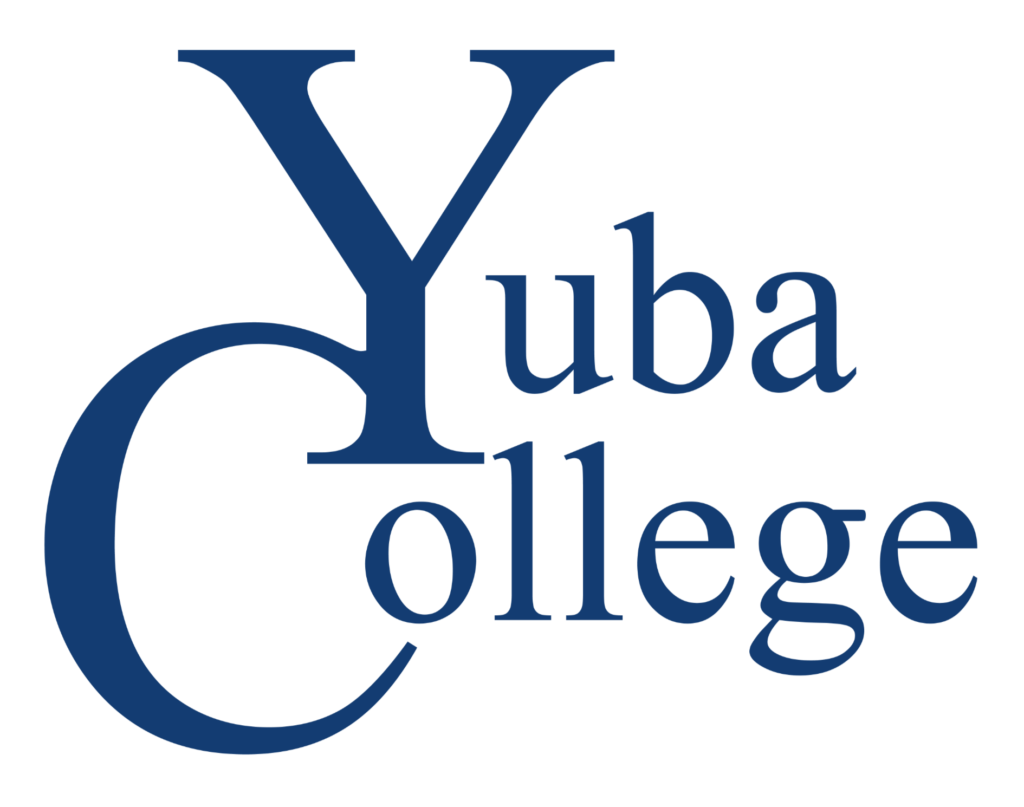Philosophy
The word “philosophy” literally means the “love of wisdom.” Philosophy courses are designed to cultivate wisdom by critically questioning fundamental beliefs about reality, self-identity, knowledge, religion, and ethics. The core courses that make up the curriculum include Introduction to Philosophy, Critical Thinking, Ethics, Philosophy of Religion, and World Religions.
Courses
PHIL 1—Introduction to Philosophy (3 units) CSU/UC
A multi-cultural survey of basic philosophical issues and problems, including the nature and practice of philosophic inquiry, theories of reality and knowledge, human nature and self identity, ethics and the good life, religion and ultimate reality, and the meaning and possibility of human freedom. Each topic will be explored from significant Western and non-Western perspectives. (L)
PHIL 2—Ethics (3 units) (TCSU PHIL 120) CSU/UC
Introduction to ethics emphasizing the relevance of ethics to everyday decision making; includes the human context of moral reasoning, relativism, subjectivism, religion and ethics, conscience and moral development, ethical egoism, utilitarianism, the ethics of duty, rights ethics, virtue ethics and the good life, and case studies in moral reasoning. (L)
PHIL 3—Philosophy of Religion (3 units) CSU/UC
Philosophical exploration of religious belief and practice, with an emphasis on understanding how the world’s major religious traditions — Eastern and Western — respond to fundamental issues concerning the ultimate nature of reality. Topics include religion and philosophy, world views and religion, metaphysics without God, metaphysics with God, arguments for God’s existence, the problem of evil, incarnation and God, God and gender, life after death, religious experience, science and religion, prudential arguments for religious belief, faith and justification, love and the meaning of life. (L)
PHIL 6—Political Philosophy (3 units) CSU/UC
This is an introduction to the major authors and types of political thought and the central issues involved in political thinking (e.g. democracy, fascism, justice, rights, law liberty, political authority, political principles, consequences, etc.), as presented through classical or contemporary reading selections. Not open for credit to student with credit in POLSC 6. (L)
PHIL 8—Business Ethics (3 units) CSU
Study of the methods and principles used to recognize and evaluate ethical issues in contemporary business environments. Emphasis will be on discovering and defending ethical principles as they apply to specific business dilemmas. Not open for credit to student with credit in GNBUS 8. (L)
PHIL 12—Critical Thinking (3 units) CSU/UC
Critical thinking skills emphasizing their application to everyday decision making, including definitions of critical thinking, language and meaning, claims and reasons, argument and inference, argument identification and reconstruction, inductive and deductive reasoning, underlying assumptions, evaluating assumptions, assumptions and evidence, world views as a context for critical thought, evaluating arguments, sound and fallacious reasoning, informal fallacies, causal inference, and scientific method. (L)
PHIL 20—World Religions (3 units) CSU/UC
Survey of the beliefs and practices of Eastern and Western religious traditions. Emphasis given to the origin and development of each tradition, its major forms of expression, and the various ways in which each tradition addresses the most fundamental questions of human existence. (L)

